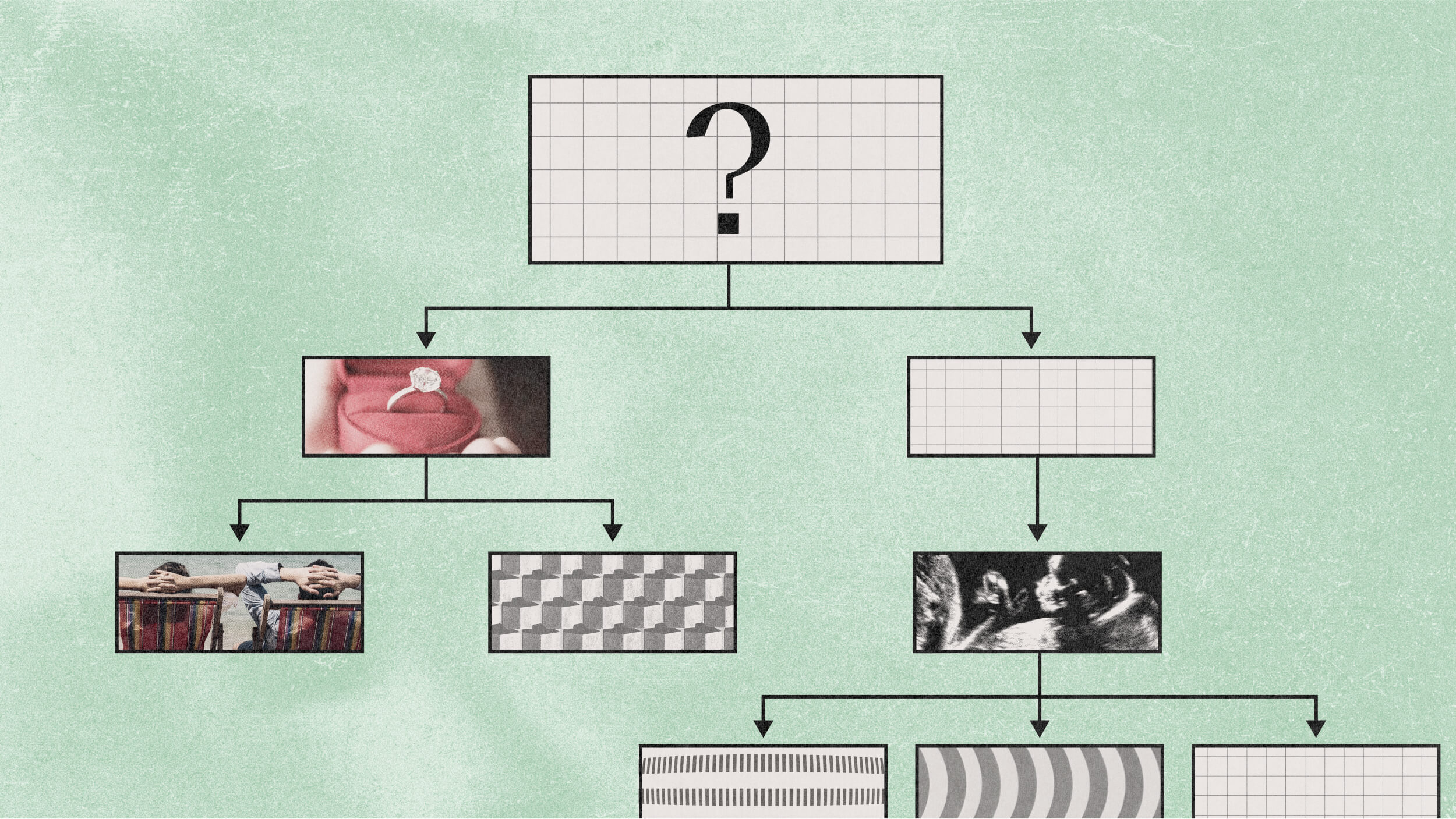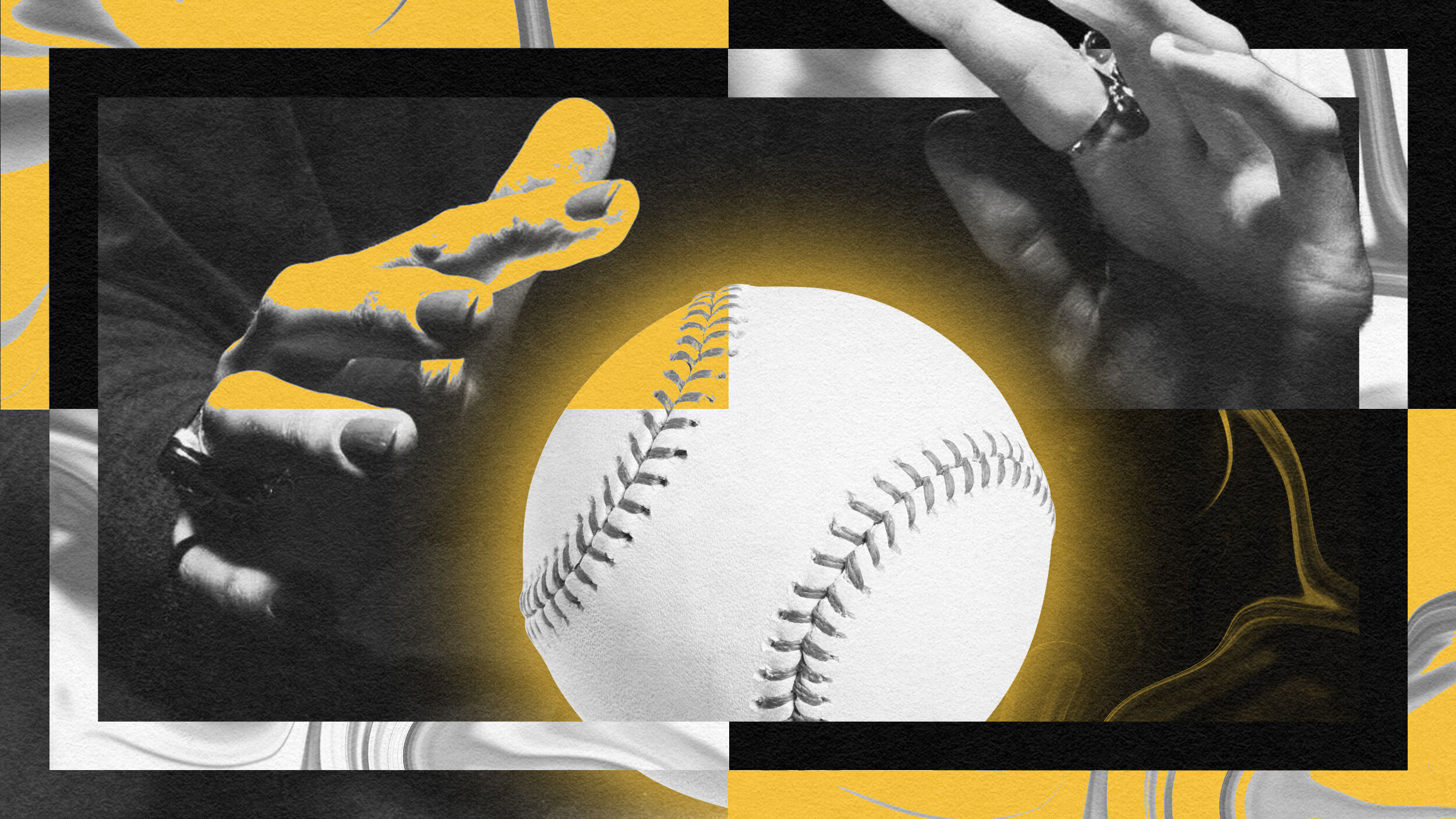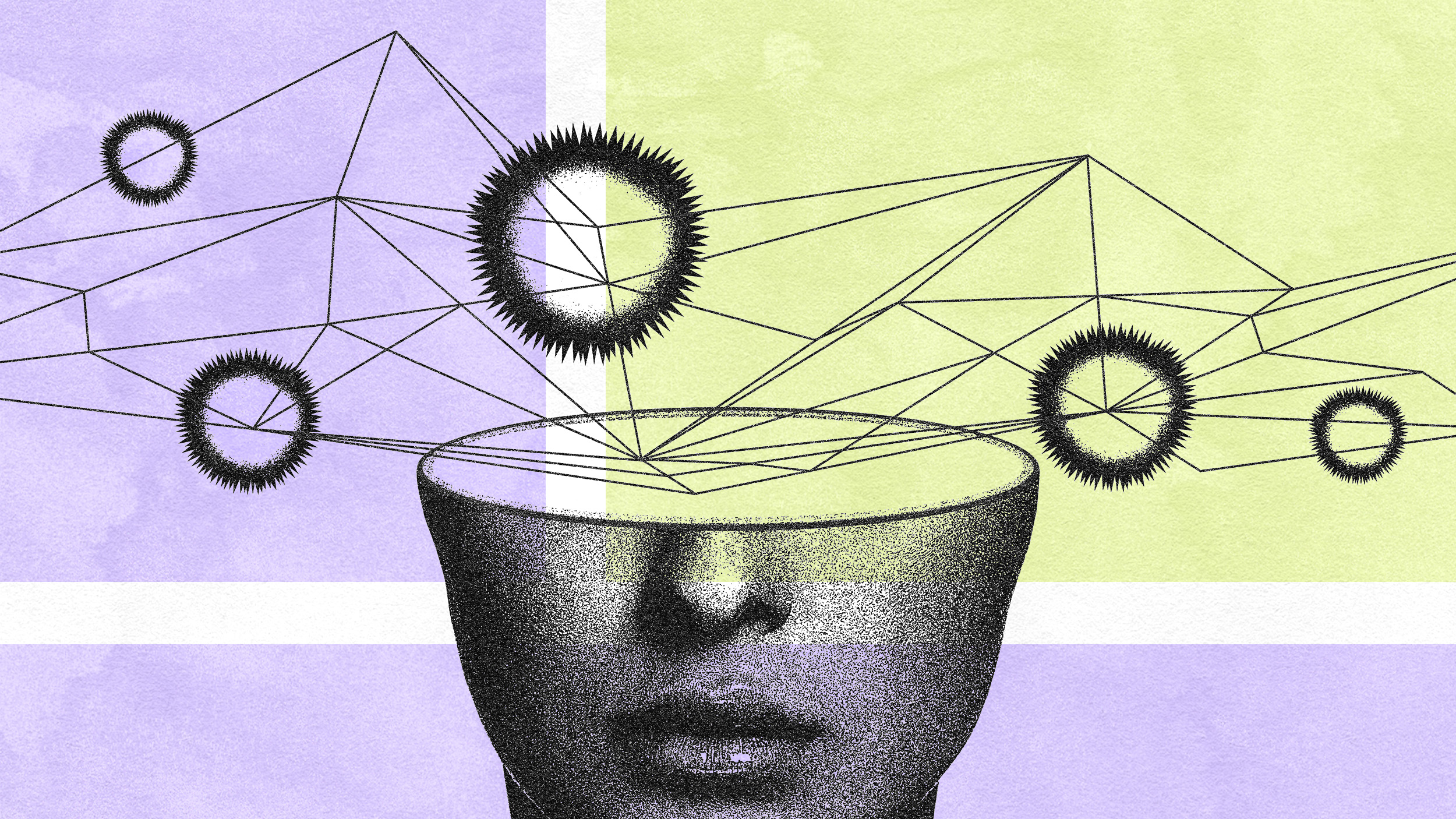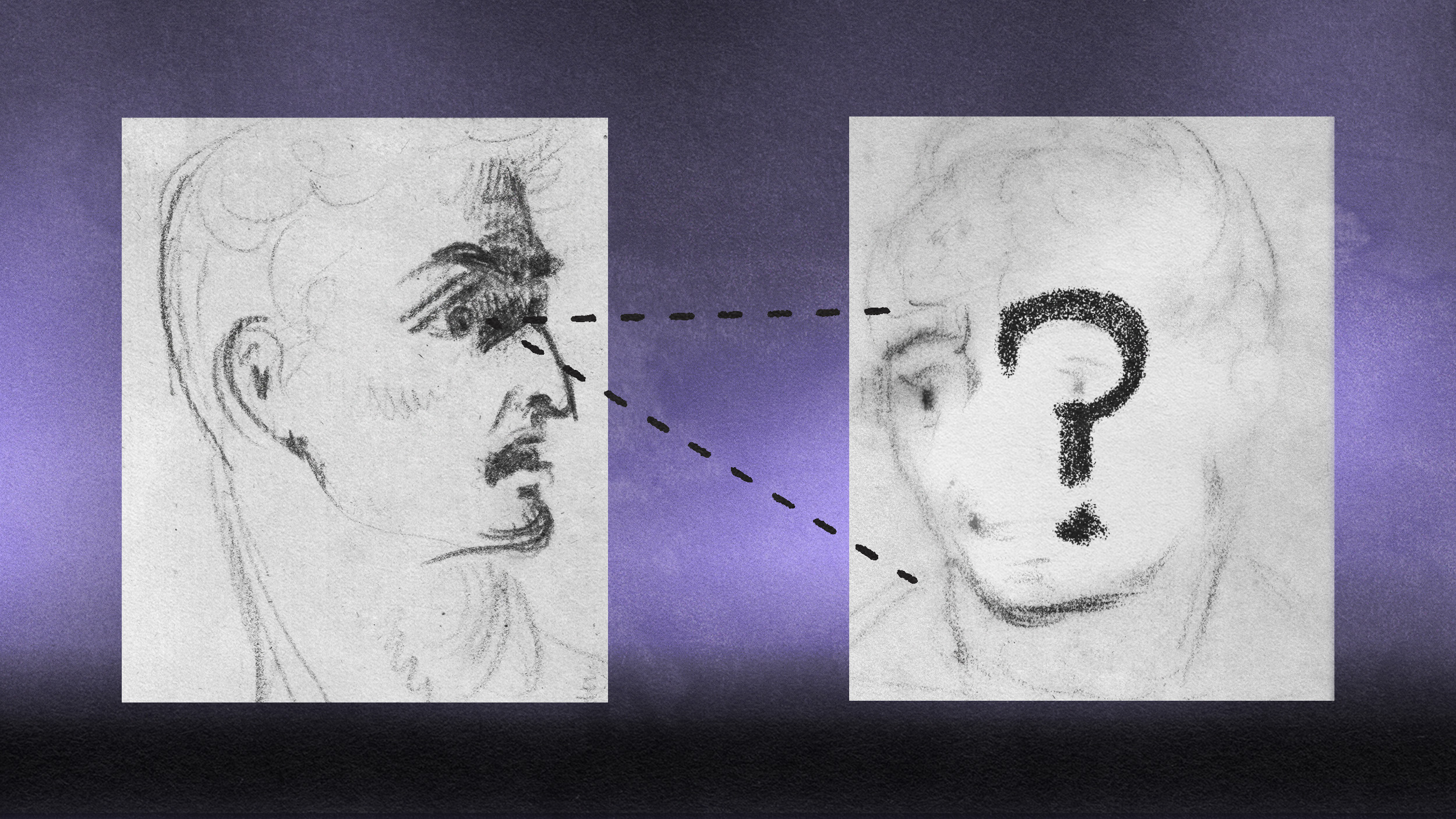Why do smart people do dumb things?

Why do seemingly intelligent people make some of the stupidest decisions?
Keith Stanovich would suggest that perhaps we’re asking the wrong question… or least working under the wrong assumption.
Because IQ does not equal RQ.
What’s RQ? Working partly from a grant from the John Templeton Foundation, Stanovich and co-authors Richard West and Maggie Toplak define the term in their book The Rationality Quotient: Toward a Test of Rational Thinking(MIT Press, 2016).
Making a case for measuring rationality independently of intelligence, the book outlines 20 subtests the authors propose could make up a reliable measure for a rationality quotient.
ORBITER wondered—rationally, of course—about the practical ramifications of an RQ test: Could it be used to screen job applicants? For applying for a driver’s license—or a gun permit?
So we reached out to Stanovich, Emeritus Professor of Applied Psychology and Human Development at the University of Toronto, with a few questions. Stanovich provided his replies by email.
ORBITER: You coined the term dysrationalia. How is that different from “irrational,” and why is the distinction important?
Keith Stanovich:Dysrationalia is the inability to think and behave rationally despite having adequate intelligence. I coined the name based on an analogy to the way learning disability is defined in educational psychology: via selective cognitive deficit identified as a discrepancy from measured intelligence.
By using the term dysrationalia, I wanted the field to realize it had been ignoring individual differences. I wanted to help people see that rationality and intelligence are two different things, and that it should not be surprising that the two often dissociate.
We act surprised when someone smart acts foolishly. But why? Smart people do foolish things all the time. The financial crisis of 2008 was littered with smart people doing dumb things—from the buyers and sellers of the toxic mortgage securities to the homebuyers who thought their house price would double every three years.
Well, why DO smart people do dumb things?
The confusion derives from the inconsistencies of folk language. A typical dictionary defines “smart” as “having or showing quick intelligence or ready mental capacity,” and that a stupid person is “slow to learn or understand” or “marked by lack of intelligence.” Taking those definitions literally, then, “a smart person being stupid” makes no logical sense.
A secondary definition of “stupid” is “tending to make poor decisions or careless mistakes.” Likewise “dumb,” where a secondary definition is “tending to make poor decisions or careless mistakes.” These secondary definitions are similar to the primary definition of “foolish,” which means “lacking good sense or judgment.”
However we phrase it—“smart but acting foolish” or whatever—what we mean is this: intelligent people taking injudicious actions or holding unjustified beliefs. Bottom line: intelligence and rationality are not one and the same, nor are they necessarily even associated.
Thus the need for a separate RQ test?
Yes. Psychology has long had a measurement device (the intelligence test) for the first but not the second. Although there has been psychological work on rational thinking, this research started much later and it was not focused on individual differences.
Our research group has conducted one of the longest investigations of individual differences in rational thinking processes, which has resulted in the first prototype of a rational thinking test—the Comprehensive Assessment of Rational Thinking (CART).
Many theoretical definitions of intelligence incorporate the rationality concept by alluding to judgment and decision-making in the definition. Other definitions emphasize behavioral adaptiveness and thus also fold rationality into intelligence. The problem here is that none of these components of rationality—adaptive responding, good judgment, and decision-making—are assessed on actual tests of intelligence. That is why the CART is needed.
It takes time to develop rational thinking. But we live in an instant gratification culture. How much does this mentality contribute to our tendency to make poor choices?
The concept of rational thinking taking time is absolutely central to many measures in the CART. Our assessment measure is based on dual process models of thinking—the kind that myself and other researchers such as Jonathan Evans have explored theoretically for years, and that Daniel Kahneman featured in his book Thinking, Fast and Slow. Several CART subtests assess whether people are prone to jump to quick answers or to really think deeply about a problem.
Yes, our culture does, in many different ways including through technology, foster the wrong type of thinking—impulsivity rather than reflectiveness. Everything that dual process theory says not to do is fostered by living our lives on the internet and social media.
Has our somewhat irrational desire for instant gratification contributed to the rise—and acceptance—of “alternate facts” and “fake news”?
No. Impulsivity isn’t the primary problem causing our struggle with sifting through the truth. That’s more attributable to myside bias (also known as “confirmation bias”), something also assessed on our test. While most biases are moderately correlated with intelligence, myside bias is not one of them; it’s one of the biases that is particularly independent of intelligence. Myside bias is also totally independent of ideology or political orientation. Many studies have shown that it is equally present on the left and the right of the ideological spectrum.
Do many of us overestimate our own rationality quotient (RQ), thinking we’re more rational than we really are?
One of the broadest cognitive biases that have been studied is known as the “bias blind spot.”
The bias blind spot means it’s relatively easy for people to recognize bias in others, but it difficult to detect it in themselves.
In our research, we found that, across a wide range of cognitive biases, the tendency to magnify the biases of others and minimize our own was not attenuated by high intelligence.
Most cognitive biases in the heuristics and biases literature are negatively correlated with cognitive sophistication, whether the latter is indexed by development, by cognitive ability, or by thinking dispositions. That is, the greater the cognitive sophistication, the less the bias. This was not true for any of the bias blind spots we studied in our 2012 Journal of Personality and Social Psychology paper. We found that none of the several bias blind spot effects for heuristics and biases tasks that we studied displayed a negative correlation with measures of cognitive ability.
A conservative way to characterize the findings here is to say that cognitive ability provides no inoculation at all from the bias blind spot. Thus, the bias blind spot joins a very small group of other effects such as myside bias in being unmitigated by increases in intelligence (at least in a range-restricted university sample).
Your book, The Rationality Quotient, has the subtitle, “Toward a Test of Rational Thinking.” How close are you to developing such a test?
After my 2009 book, What Intelligence Tests Miss: The Psychology of Rational Thought (Yale University Press), it was clear that the next logical step was following through on constructing a test of rational thinking. We outlined an early version of that in Rationality and the Reflective Mind (Oxford University Press, 2011), but we’ve made several radical changes for the current MIT volume.
The CART has 20 subtests and four thinking dispositions scales (the latter are not part of the total score but just for informational purposes). Collectively they tap both instrumental rationality (what to do) and epistemic rationality (what is true). In cognitive science, instrumental rationality means behaving in the world so that you get exactly what you most want, given the available resources (what to do). Epistemic rationality concerns how well beliefs map onto the actual structure of the world (what is true).
Aspects of epistemic rationality assessed on the CART include: the tendency to show incoherent probability assessments; the tendency toward overconfidence in knowledge judgments; the tendency to ignore base rates; the tendency not to seek falsification of hypotheses; the tendency to try to explain chance events; the tendency to evaluate evidence with a myside bias; and the tendency to ignore the alternative hypothesis.
The CART also assesses aspects of instrumental rationality such as: the ability to display disjunctive reasoning in decision making; the tendency to show inconsistent preferences because of framing effects; the tendency to substitute affect for difficult evaluations; the tendency to over-weight short-term rewards at the expense of long-term well-being; the tendency to have choices affected by vivid stimuli; and the tendency for decisions to be affected by irrelevant context.
Importantly, the test also taps what we call contaminated mindware. This category of thinking problem arises because suboptimal thinking is potentially caused by two different types of mindware (that is, knowledge) problems. Missing mindware, or mindware gaps, reflect the most common type. However, in the book, we discuss how not all mindware is helpful or useful in fostering rationality. Indeed, the presence of certain kinds of mindware is often precisely the problem. We coined it contaminated mindware for the presence of declarative knowledge bases that foster irrational rather than rational thinking. Four of the 20 subtests assess contaminated mindware.
What practical uses might there be for the CART? Job interviews? Getting a driver’s license? Other possibilities?
We believe that as a research instrument, the CART is the premiere research measure of rational thinking, comprehensively assessed. From that standpoint, we feel that we have already reached our main goal. For practical use, as an assessment and selection device, it is more a proof of concept. For that purpose, it will need more development because it is not at present a fully developed test for practical use (with things like norms and percentiles). Nevertheless, the CART, as it exists, is the beta version of a very comprehensive test that will be a fantastic research instrument. Future work will take it beyond that point.
One future use will undoubtedly be universities who will be interested in standardized versions of the CART so that they might assess whether their educational programs are increasing the rationality of students over time. We expect a more well-developed version of the CART to join other measures universities have used to operationalize the real-life effects of a college education on cognition and learning. (Universities already use several critical thinking tests and assessment devices, like the Collegiate Learning Assessment). The use of such a test would provide an assessment of whether students have acquired a functional understanding of the tools of rationality.
If we could snap our fingers and make everyone a rational thinker, what would that world look like?
The world would be better in a lot of small ways, like the kind of things that Sunstein & Thaler talk about in their book Nudge. Economic efficiency would rise. There would be lots of small-bore consumer economic efficiencies. People would consume and make their consumption choices more efficiently and this would lead overall to a more productive economy.
For example, people would invest in their retirement more rationally and they would choose better financial products. They would move from mutual funds with loads to no-load funds (a trend that is already going on). They would contribute to retirement funds earlier and thus reap the benefits of compounding. All of these superior personal investment decisions would make the private economy more efficient (capital flow into more productive endeavors) and it would make government more efficient as well—people who really could take care of themselves minus bad life choices would now be taking care of themselves, and more government funds would be left for those unable to care for themselves regardless of the choices that they made.
If everyone thought rationally, behavior in risky domains would be more rational and the outcomes in these domains would be better. More people would wear seatbelts and fewer would text while driving, thus cutting back on casualties from traffic accidents. Many other risk domains would experience similar gains.
Steven Pinker’s book The Better Angels of Our Nature shows us that a variety of large-scale negative social phenomena have already been decreasing throughout history, not exclusively due to increases in rationality but at least partially due to increases in rational decisions—and in the knowledge bases related to rationality as we describe them in our book. For example, Pinker shows that murder, violence, and various types of prejudice have been decreasing. And the rights of groups such as children and women have been increasing throughout history. These changes are in part fueled by changes in rational thinking at both the individual and the cultural level.
But I should be clear here that we would not expect a perfectly rational world to be free of all value conflicts. There are not just one set of high-level values that are rational. I think some of my academic colleagues think that if everyone were perfectly rational we would all be Democrats!
This misperception was so widespread in academia that I wrote an essay titled “Were Trump Voters Irrational?” My essay shows that rationality does not necessarily validate liberal ideology at a macro level of worldview any more than it does conservative ideology at the same high level. I’m referring here to the idea that the Democrats are the party of science. My essay was written to show that behavioral science evidence shows no such thing.
Are YOU a Rational Thinker?
If you think so, take this pop quiz:
Jack is looking at Anne, but Anne is looking at George. Jack is married but George is not. Is a married person looking at an unmarried person?
a) yes
b) no
c) cannot be determined
If you’re one of the more than 80% of the people who guess (c), you’re wrong. The correct answer is, yes, a married person is looking at an unmarried person.
Most of us think we need to know if Anne is married to answer the question. But consider all of the possibilities. If Anne is unmarried, then a married person (Jack) is looking at an unmarried person (Anne). If Anne is married, then a married person (Anne) is looking at an unmarried person (George). Either way, the answer is yes.
The post Why Do Smart People Do Dumb Things? appeared first on ORBITER.





